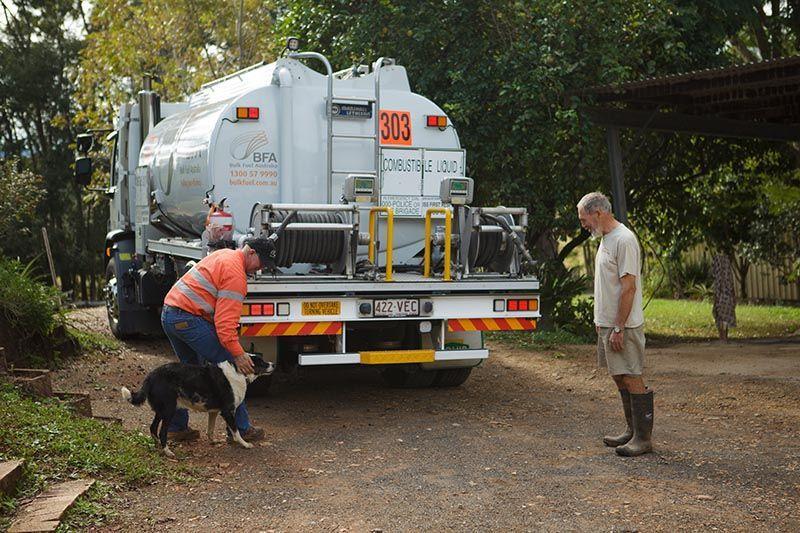The Hidden Problems with Dirty Fuel
- Details
- 01 December 2017

Dirty Fuel is already well known for its immediate impact on peak engine efficiency, with increased fuel consumption driving up operating costs and lowering the range of vehicles out on the road. It’s one of the many reasons why we’ve released Final Filtered Diesel®; a high-quality, single pass filter which reduces small particles by half and ensures fuel is cleaner than the current Fuel Industry Stand.
What many people may be completely unaware of, however, are the other hidden problems that dirty fuel can represent to the entire engine.
Primarily among these issues are problems that can arise with a vehicle’s fuel injector components. These are the parts that, using a high-pressure injector needle, break up fuel into micron-sized particles and discharge them into the combustion cylinder.
It’s worth bearing in mind that fuel injection systems for diesel-fuelled vehicles were designed with an older, poorer standard of fuel in mind, and have since been refined to handle a cleaner standard of fuel intake. Engines have gotten smaller, but expected to perform more powerfully for longer periods of time.
The biggest change is that the modern-day fuel injection system now uses a higher frequency of incredibly small droplets of fuel, compared to older systems which work slower but use larger elements to maintain the required fuel pressure.
While fuel injectors are now able to deliver better outcomes, their tolerance for dirty supply lowers. In other words, they work great when the fuel supply is uncontaminated, but things can go wrong quickly with unreliable fuel.
Although the initial supply fuel points can provide clean fuel, fuel delivery supply chain issues can result in particle contamination or poor spray patterns, both of which are toxic to diesel fuel injection systems. Here’s how:
Particle Contamination
As fuel gets inadvertently contaminated while being delivered, the extra particles may cause concentrated damage to the fuel injector needle – the part that pushes fuel into the cylinder. Contamination has been shown to make the needle get sticky with hard dust particle residue. The result is that the needle doesn’t move as fast as it needs to, so can’t supply the right amount of fuel fast enough.
Alternatively, contamination may lead to poor fuel lubricity, forcing the needle to worker harder to get the results it would normally attain with clean fuel supply.
In either case, worn fuel injector needles can result in complete engine failure, which of course would be disastrous out on the road.
Poor Spray Patterns
Ideally, injected fuel is very finely sprayed into a specific area of the cylinder before being combusted, resulting in maximum efficiency. Dirty fuel can cause the spray area to be larger than prescribed, or be fired out in an inconsistent manner. Both results place extra wear and tear on the cylinder wall by removing the thin layer of lubricating oil inside. This can also be the cause of extra heat friction, further damaging the entirety of the cylinder.
Ultimately, an engine’s performance is the result of a variety of contributing factors. Using filtered fuel, such as Final Filtered Diesel®, from a reliable diesel fuel distributor is an essential part of keeping a well-running fleet of vehicles going in any situation.
Bulk Fuel Australia specialise in on-site diesel refuelling across the country, and deliver Final Filtered Diesel® fuel for maximum efficiency. Contact us today to see what diesel delivery solutions we can arrange for you.
